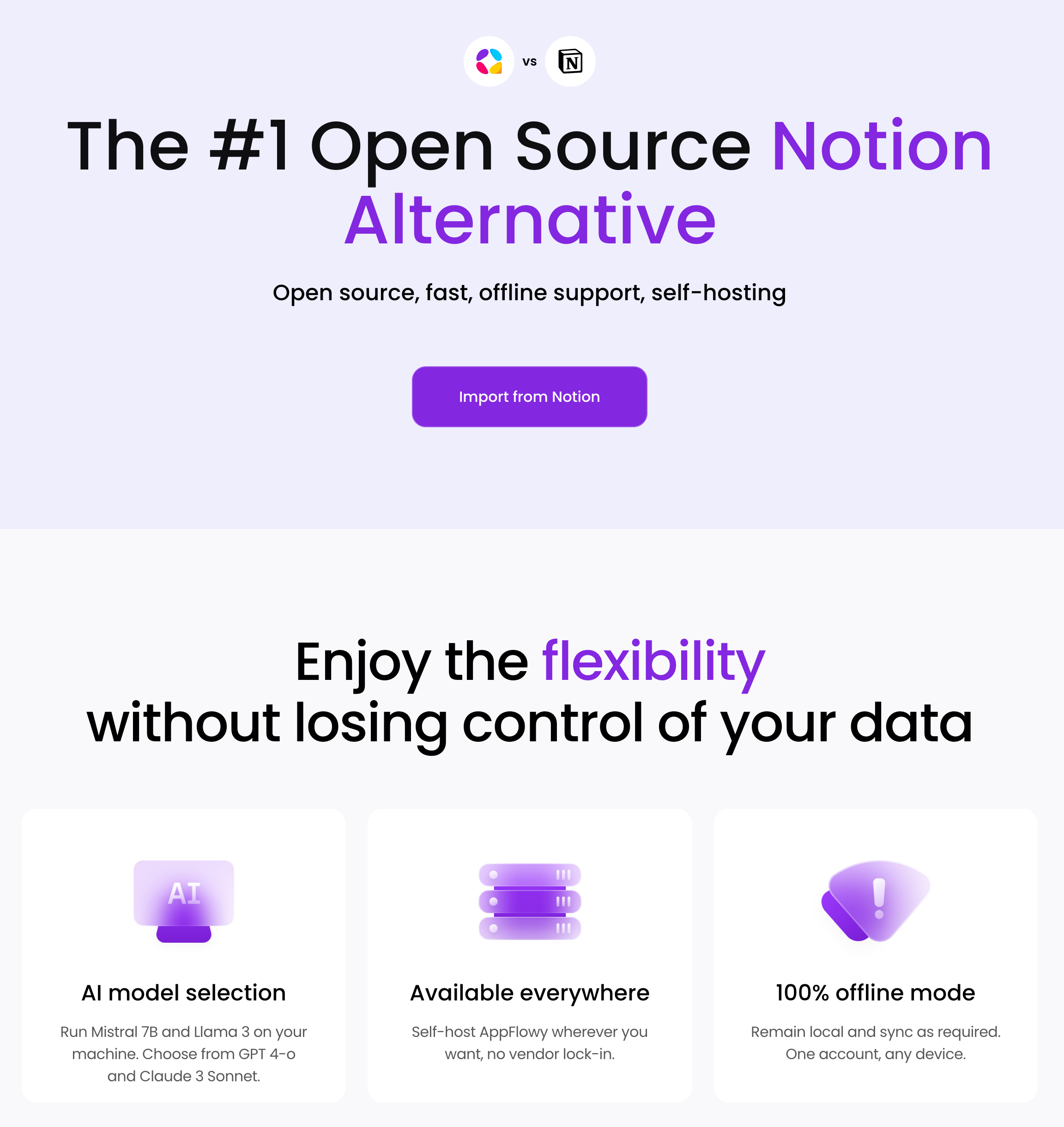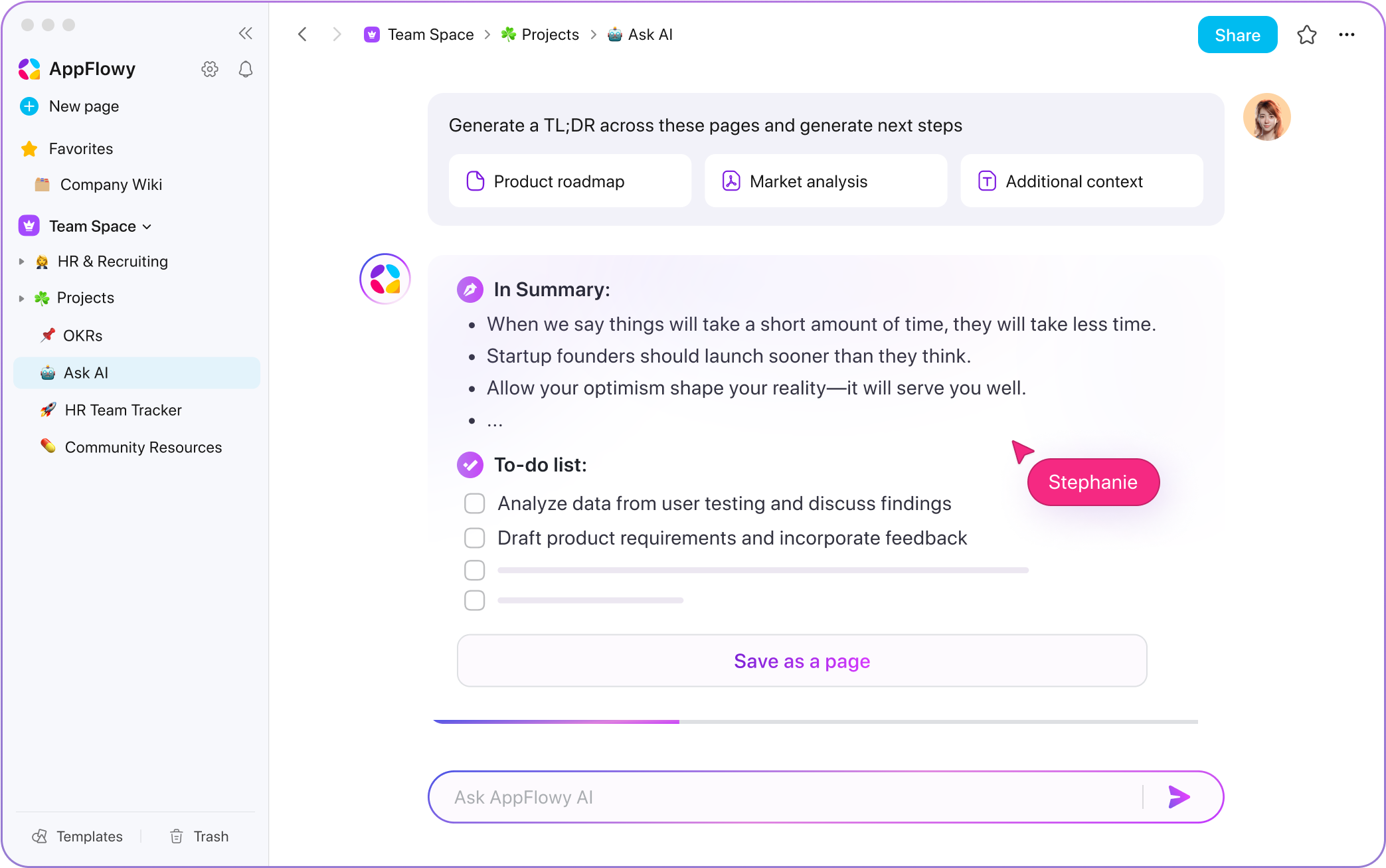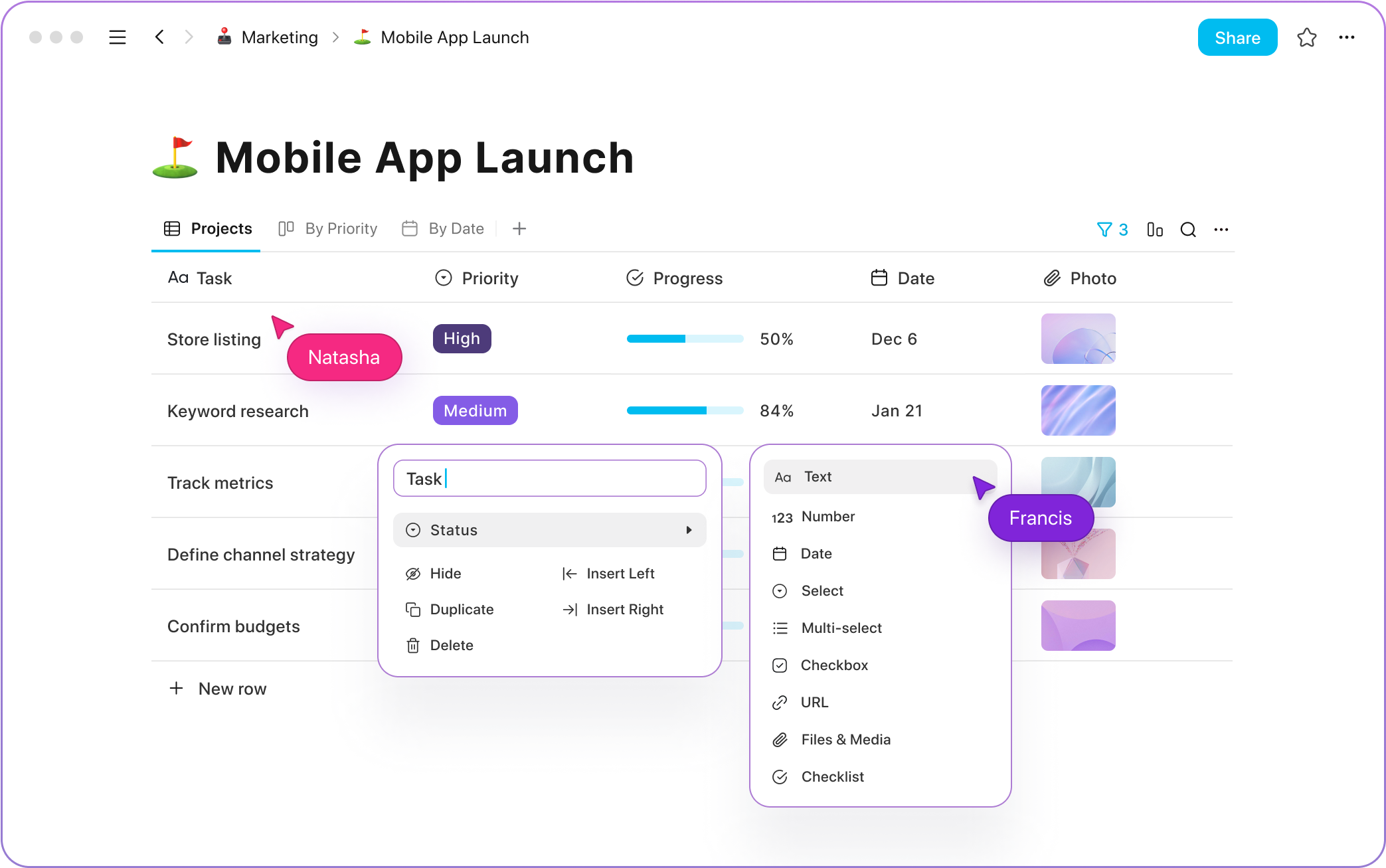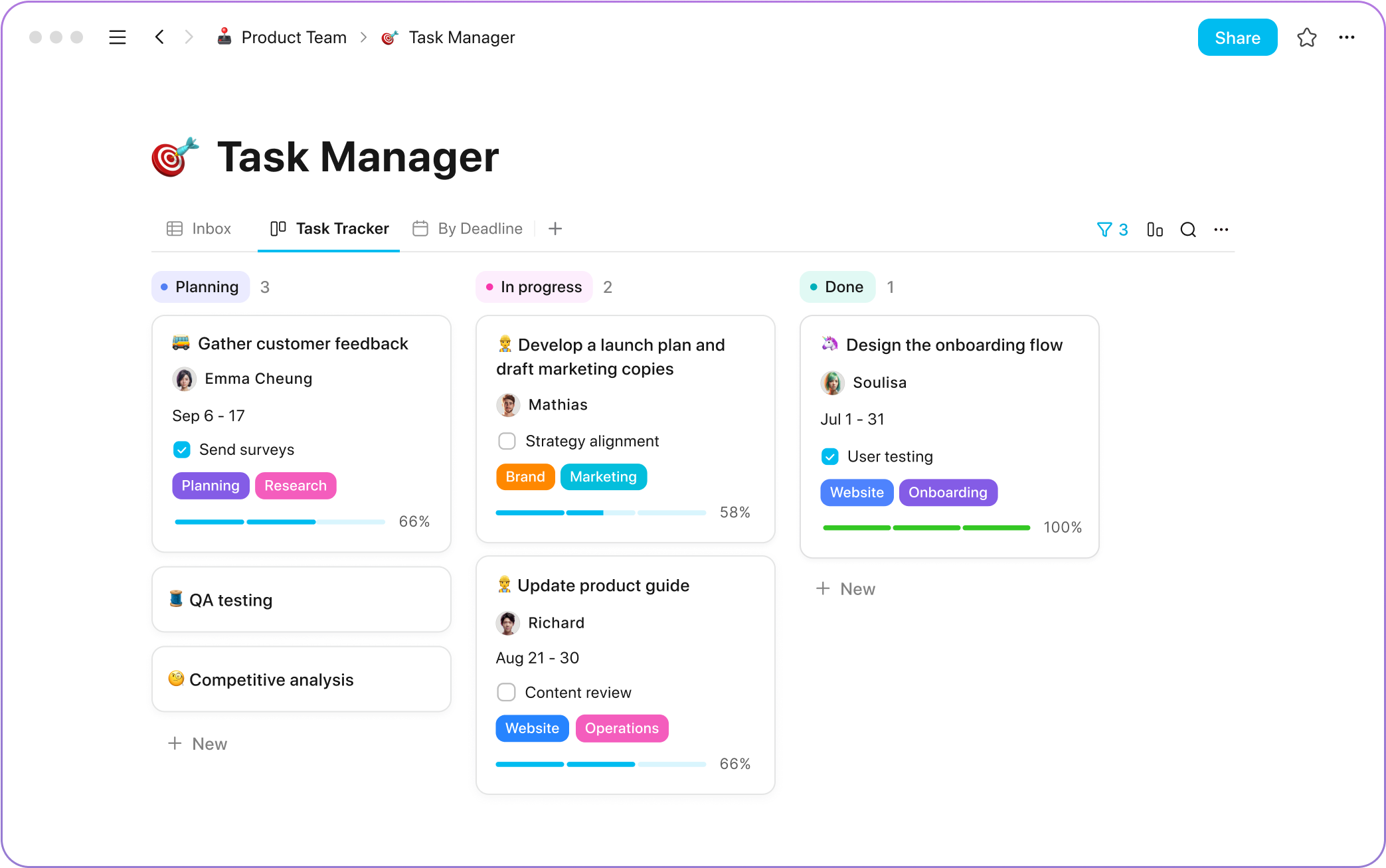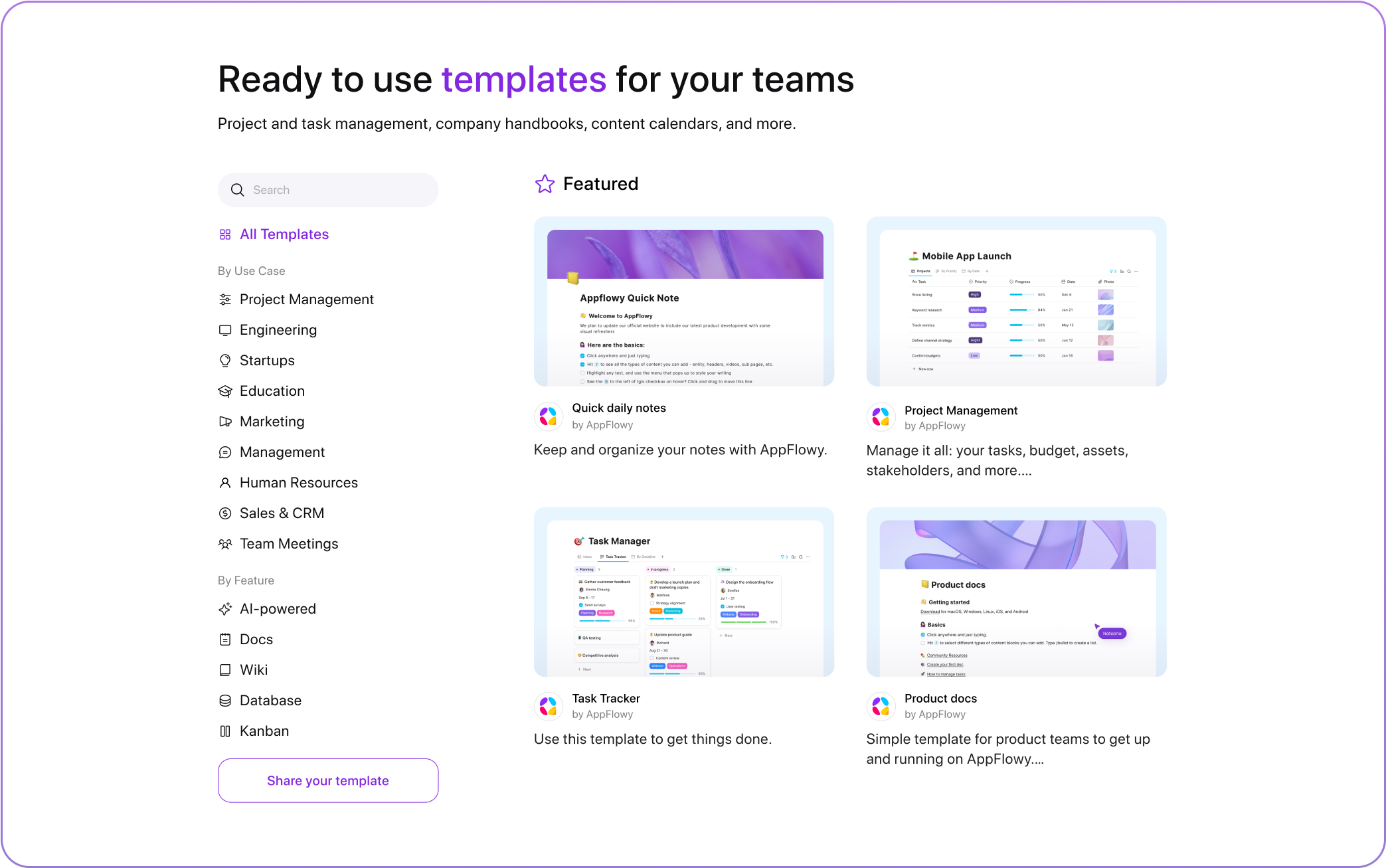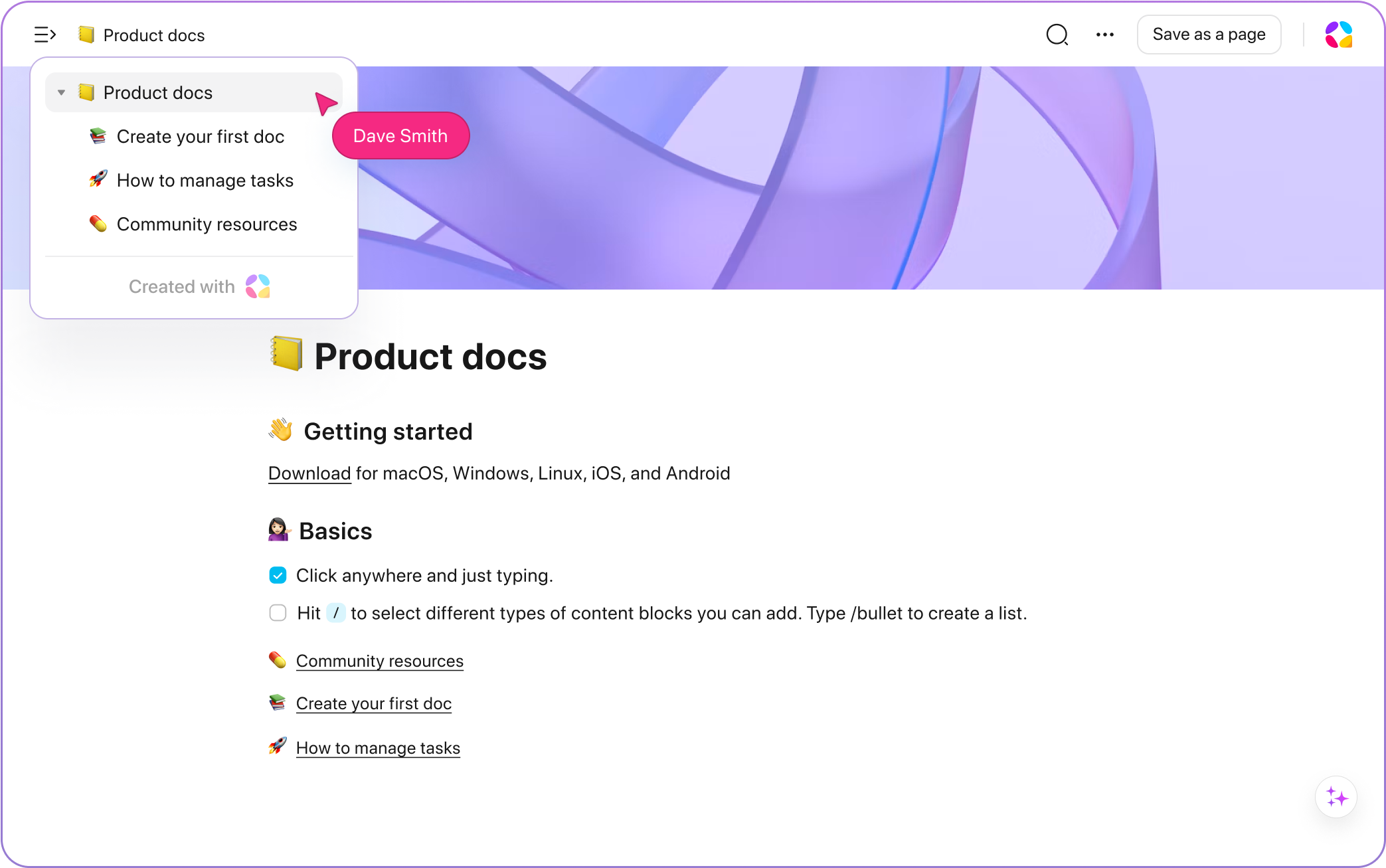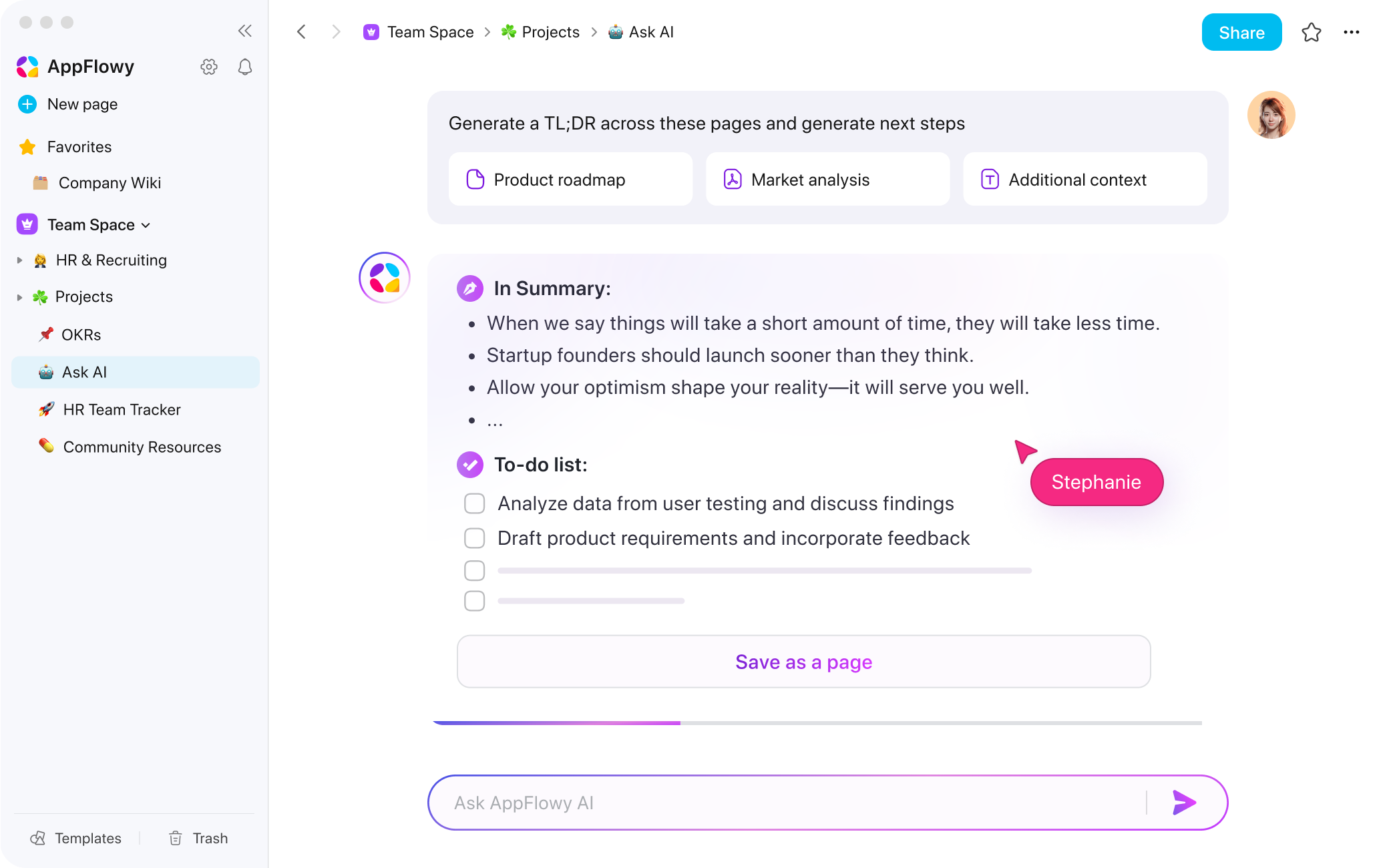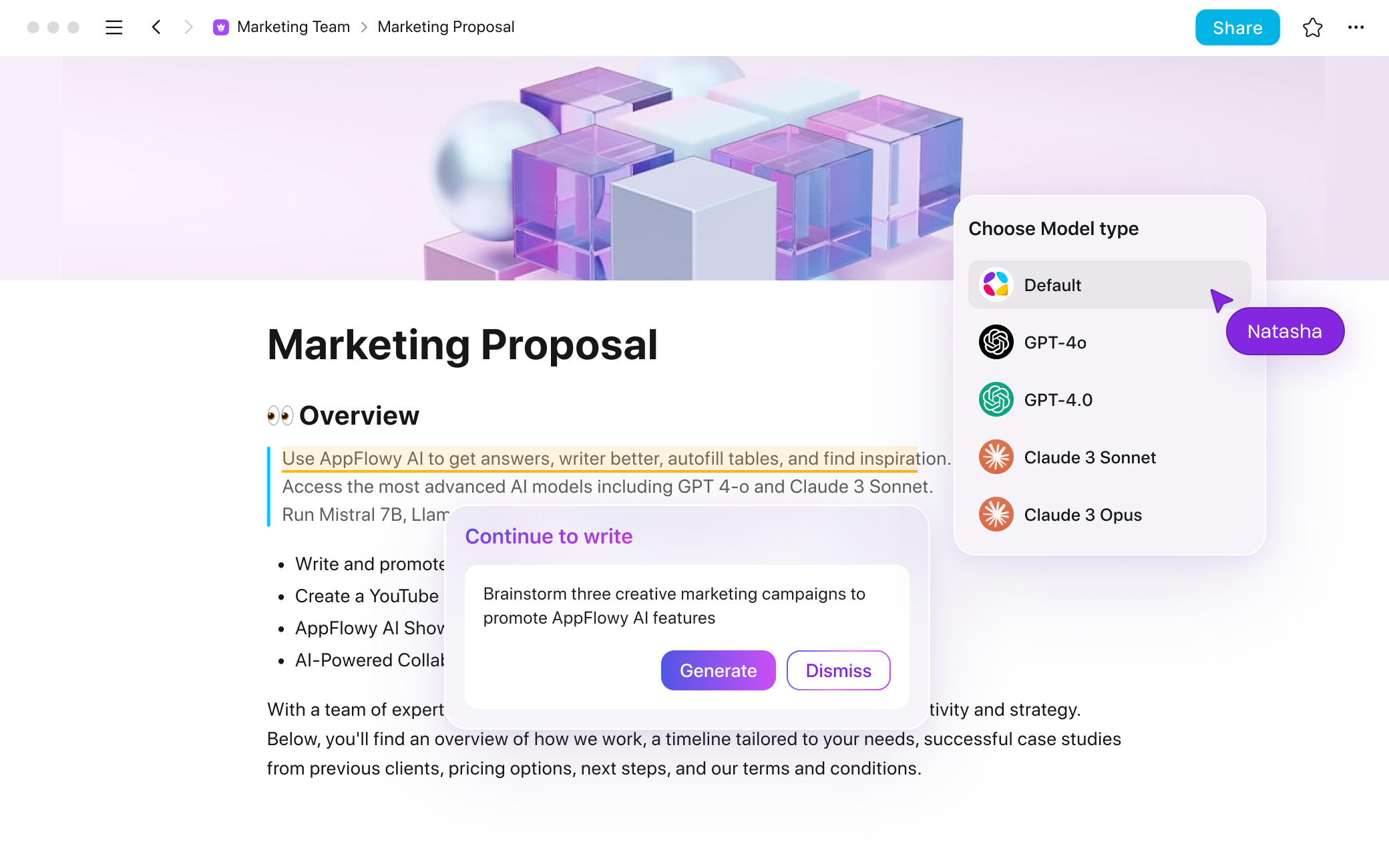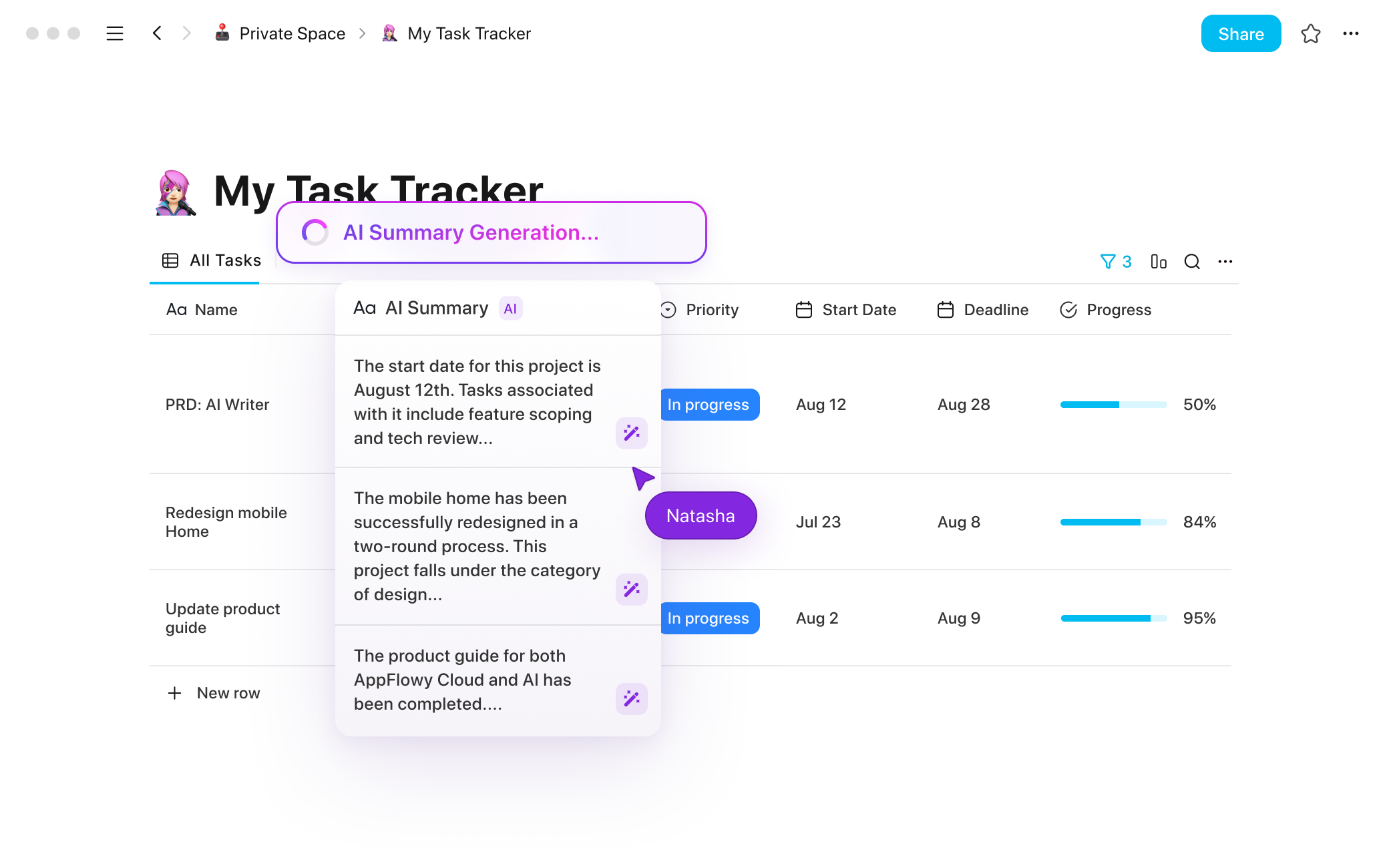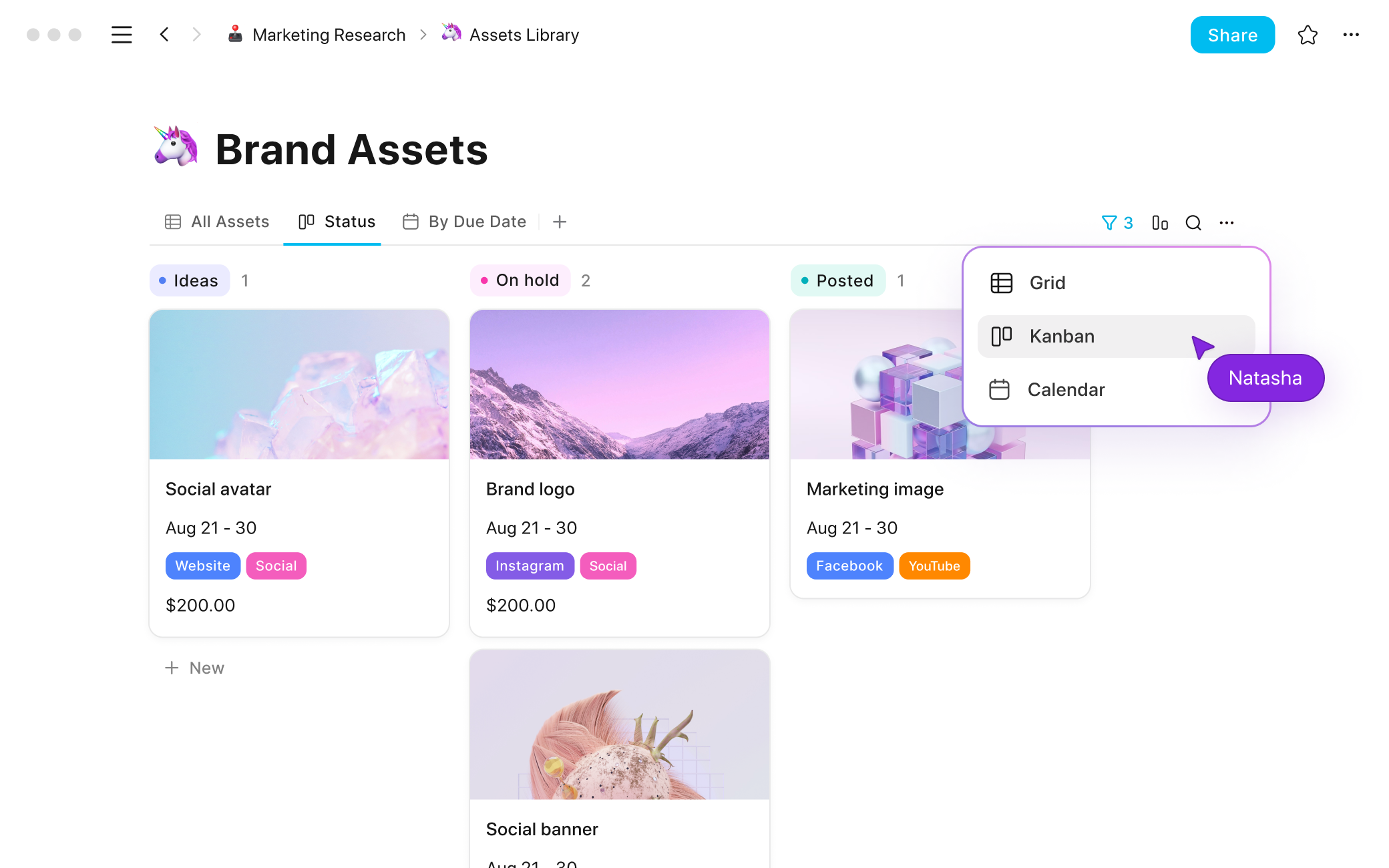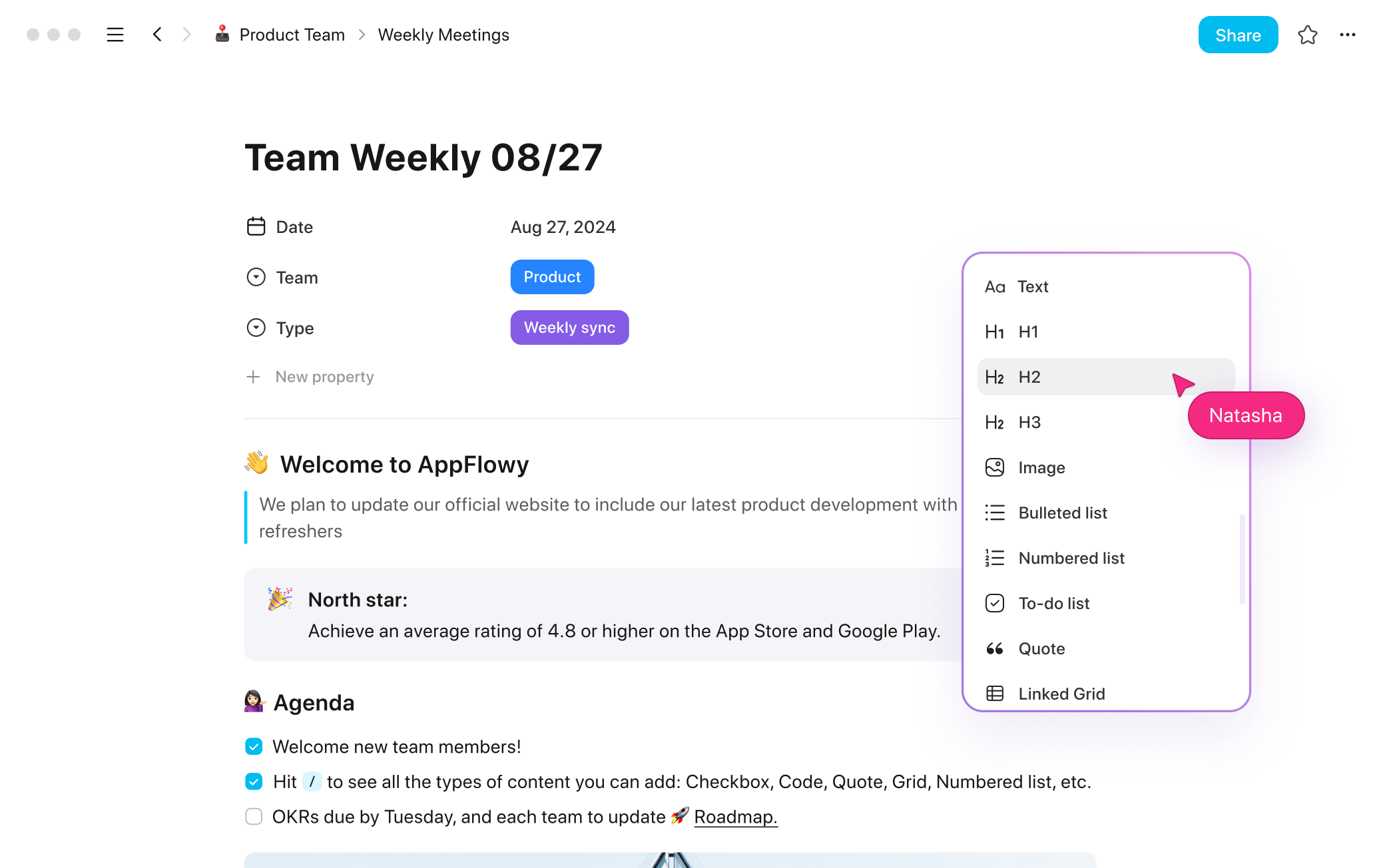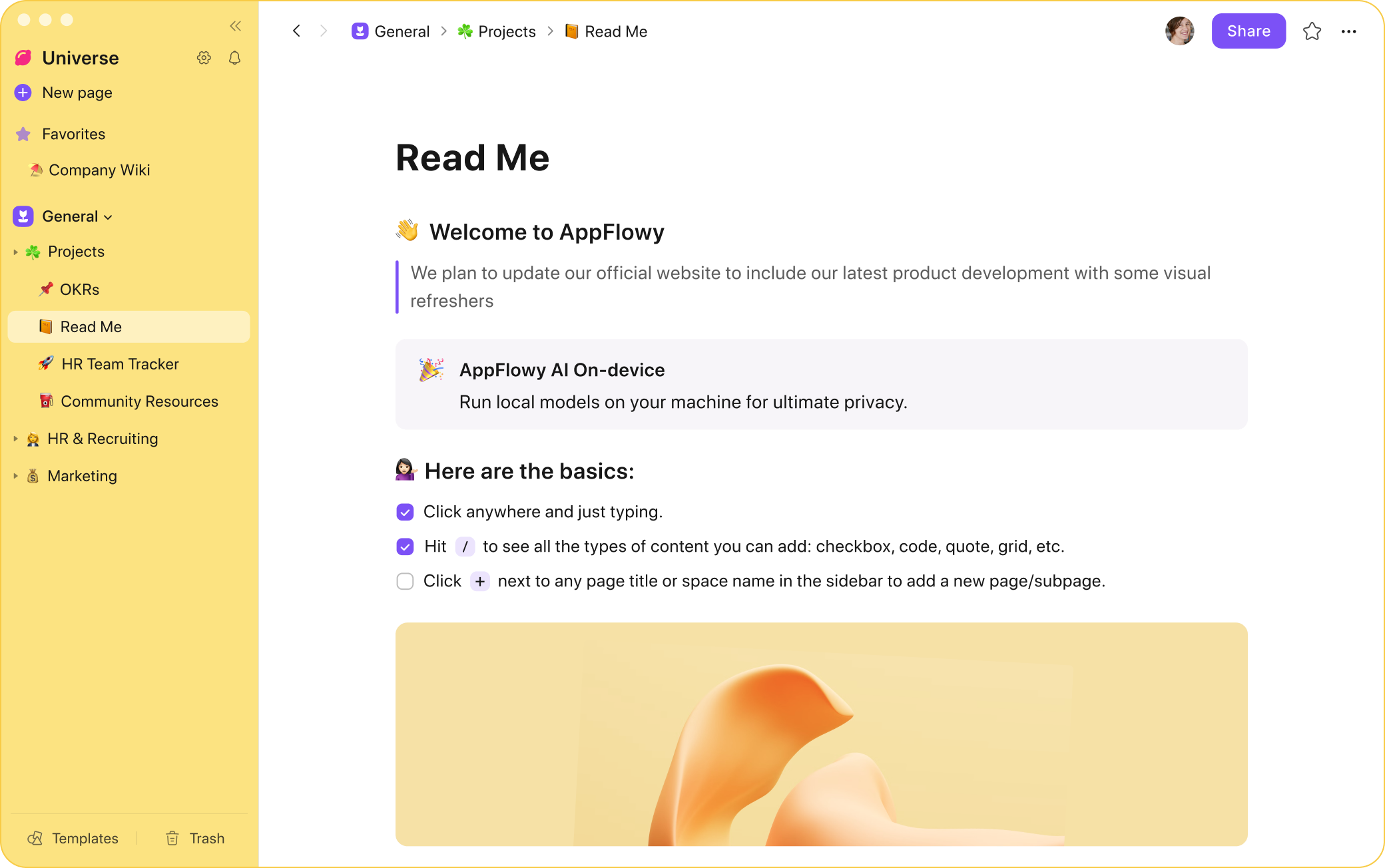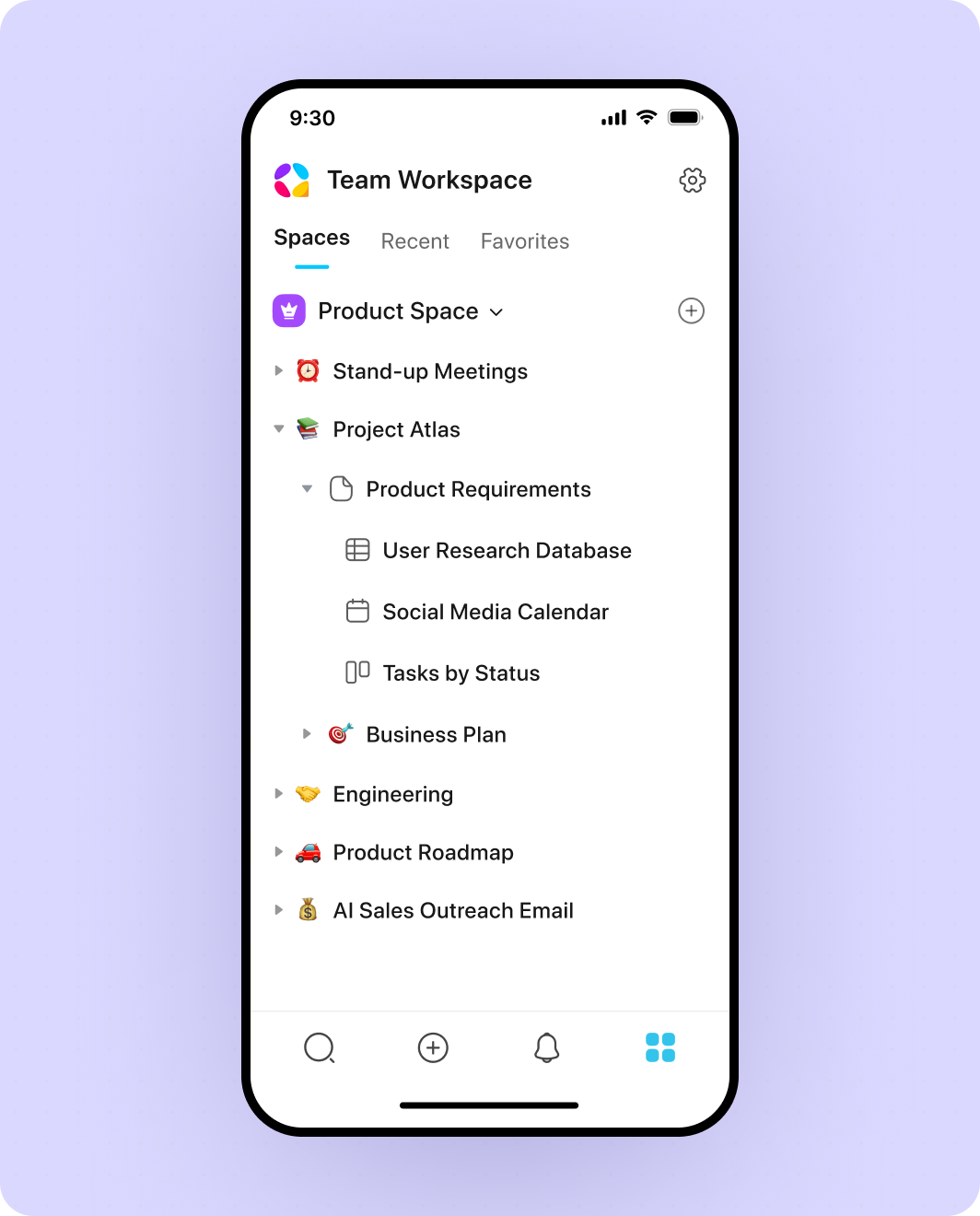AppFlowy
-
Seems like we may have missed this new Self-Hosted cloud version named AppFlowy Cloud.
https://docs.appflowy.io/docs/guides/appflowy/self-hosting-appflowy
https://github.com/AppFlowy-IO/AppFlowy-Cloud/blob/main/doc/DEPLOYMENT.mdWhile waiting for apps to be added to Cloudron, hopefully folks at least take the time to experiment by yourself and try to install the app yourself first on another server, that you might learn a thing or two, and eventually come to integrate apps to Cloudron yourself

-
Seems like we may have missed this new Self-Hosted cloud version named AppFlowy Cloud.
https://docs.appflowy.io/docs/guides/appflowy/self-hosting-appflowy
https://github.com/AppFlowy-IO/AppFlowy-Cloud/blob/main/doc/DEPLOYMENT.mdWhile waiting for apps to be added to Cloudron, hopefully folks at least take the time to experiment by yourself and try to install the app yourself first on another server, that you might learn a thing or two, and eventually come to integrate apps to Cloudron yourself

@micmc I tried, many times actually. Never managed to make it work by myself. Maybe I'm stupid.. This is why I use cloudron..
-
Updated the screenshots above, as it's developed a lot since I first posted this.
Does seem like a very high value win if we can get this packaged here.
-
I've just discovered AppFlowy and this app seems awesome ! Would love to see it in Cloudron. I'm a notion power user, and I can't wait to ditch notion.
But as @jadudm said, seems like docker-compose based app are not easy to convert to a single dockerfile to work with Cloudron...
-
Would be very good to have it in Cloudron. Vikunja is good but a little bit too simplistic for business needs.
-
I've just discovered AppFlowy and this app seems awesome ! Would love to see it in Cloudron. I'm a notion power user, and I can't wait to ditch notion.
But as @jadudm said, seems like docker-compose based app are not easy to convert to a single dockerfile to work with Cloudron...
But as @jadudm said, seems like docker-compose based app are not easy to convert to a single dockerfile to work with Cloudron...
This conclusion is not correct.
Compose just means separate things being put together as one, and many devs don't know they don't need to do that with whatever docs the followed.
Hence a single dockerfile is just that, all the services set up in the right sequence in one.
This is what your computer does, right? Until you install a hypervisor or docker, etc to separate things out.
So it's not any more difficult, it's just more than one service to define and setup in the Cloudron way.
And we already have 3 digits of apps many of which need more than one service running for the App.
Tons of examples in at git.cloudron.io
-
But as @jadudm said, seems like docker-compose based app are not easy to convert to a single dockerfile to work with Cloudron...
This conclusion is not correct.
Compose just means separate things being put together as one, and many devs don't know they don't need to do that with whatever docs the followed.
Hence a single dockerfile is just that, all the services set up in the right sequence in one.
This is what your computer does, right? Until you install a hypervisor or docker, etc to separate things out.
So it's not any more difficult, it's just more than one service to define and setup in the Cloudron way.
And we already have 3 digits of apps many of which need more than one service running for the App.
Tons of examples in at git.cloudron.io
@robi Thanks for your clarification, and you're absolutely right that a docker-compose setup can be translated into a single Dockerfile. I didn’t mean to suggest it's impossible or overly complex from a technical point of view. It just seems to me, based on what I’ve read on the forum and what @jadudm pointed out, that apps originally built with docker-compose tend to require more work to adapt to Cloudron. So they don’t always feel like the easiest starting point compared to more straightforward "quick win" Dockerfile-based apps.
-
@robi Thanks for your clarification, and you're absolutely right that a docker-compose setup can be translated into a single Dockerfile. I didn’t mean to suggest it's impossible or overly complex from a technical point of view. It just seems to me, based on what I’ve read on the forum and what @jadudm pointed out, that apps originally built with docker-compose tend to require more work to adapt to Cloudron. So they don’t always feel like the easiest starting point compared to more straightforward "quick win" Dockerfile-based apps.
-
This far-sighted request for App Flowy was made by @marcusquinn years ago and there has been tons of development made since then. Lets try and support AppFlowy on Cloudron:
https://github.com/AppFlowy-IO/AppFlowy/compare/0.0.1...0.10.0
via Arya ai:
Since its release, AppFlowy has strategically positioned itself as a powerful, open-source alternative to Notion, appealing to a specific and growing segment of users.
Primary Reasons for Choosing AppFlowy Over Notion
-
Data Ownership and Privacy: This is AppFlowy’s strongest selling point. Unlike Notion, which stores all user data on its own servers, AppFlowy is self-hostable. Users can choose to run it entirely locally on their machine or on their own private server. This means you truly own your data, a critical factor for businesses handling sensitive information, developers, and privacy-conscious individuals who are wary of vendor lock-in and third-party data access.
-
Open-Source Nature: Being open-source (licensed under AGPLv3 and a commercial license) provides transparency, community-driven development, and freedom from the feature roadmap of a single corporation. Developers can audit the code for security, contribute to its development, and create custom extensions. This fosters a level of trust and flexibility that closed-source SaaS platforms like Notion cannot offer.
-
Offline-First Functionality: AppFlowy is designed from the ground up to work seamlessly offline. All changes are saved locally instantly and synced to the cloud only when you configure it to do so. This provides a faster, more reliable user experience without the constant latency of web requests, a common frustration with Notion’s web-based architecture.
-
Customization and Extensibility: The open-source model allows for deep customization. Users are not limited to the templates and blocks Notion provides. The community can (and has) built custom plugins, widgets, and integrations tailored to highly specific workflows, something that would require official support within Notion’s walled garden.
Key Advances and New Features (Post-November 2021)
Since its initial launch, AppFlowy has evolved from a promising prototype into a robust productivity platform. Its main advancements include:
- Robust Self-Hosting & Sync: The development of AppFlowy Cloud (as an optional service) and the ability to self-host a sync server using Docker. This provides a flexible sync solution that mimics Notion’s convenience but on infrastructure you control.
- Expanded Database & View Capabilities: Steady implementation of core database features, including multiple view types (Kanban, Calendar, Grid), advanced filtering and sorting, and formula support, bringing it closer to parity with Notion’s powerful database functionalities.
- Plugin System & AI Integration: A major leap forward has been the development of an API and plugin system. This has allowed for the integration of AI tools, most notably through official and community-made plugins. Users can now leverage AI (like OpenAI’s models) directly within their AppFlowy workspace to generate content, summarize text, and more, all while keeping their data private if self-hosted.
- Mobile Applications: The release of increasingly stable and feature-rich iOS and Android applications, which was a critical gap in its early days. This has made it a truly multi-platform contender.
- User Interface Refinements: Continuous UI/UX improvements, including a more polished design, slash commands, block-based editing, and customizable layouts, making it not just a powerful tool but also a pleasant one to use daily.
-
-
This far-sighted request for App Flowy was made by @marcusquinn years ago and there has been tons of development made since then. Lets try and support AppFlowy on Cloudron:
https://github.com/AppFlowy-IO/AppFlowy/compare/0.0.1...0.10.0
via Arya ai:
Since its release, AppFlowy has strategically positioned itself as a powerful, open-source alternative to Notion, appealing to a specific and growing segment of users.
Primary Reasons for Choosing AppFlowy Over Notion
-
Data Ownership and Privacy: This is AppFlowy’s strongest selling point. Unlike Notion, which stores all user data on its own servers, AppFlowy is self-hostable. Users can choose to run it entirely locally on their machine or on their own private server. This means you truly own your data, a critical factor for businesses handling sensitive information, developers, and privacy-conscious individuals who are wary of vendor lock-in and third-party data access.
-
Open-Source Nature: Being open-source (licensed under AGPLv3 and a commercial license) provides transparency, community-driven development, and freedom from the feature roadmap of a single corporation. Developers can audit the code for security, contribute to its development, and create custom extensions. This fosters a level of trust and flexibility that closed-source SaaS platforms like Notion cannot offer.
-
Offline-First Functionality: AppFlowy is designed from the ground up to work seamlessly offline. All changes are saved locally instantly and synced to the cloud only when you configure it to do so. This provides a faster, more reliable user experience without the constant latency of web requests, a common frustration with Notion’s web-based architecture.
-
Customization and Extensibility: The open-source model allows for deep customization. Users are not limited to the templates and blocks Notion provides. The community can (and has) built custom plugins, widgets, and integrations tailored to highly specific workflows, something that would require official support within Notion’s walled garden.
Key Advances and New Features (Post-November 2021)
Since its initial launch, AppFlowy has evolved from a promising prototype into a robust productivity platform. Its main advancements include:
- Robust Self-Hosting & Sync: The development of AppFlowy Cloud (as an optional service) and the ability to self-host a sync server using Docker. This provides a flexible sync solution that mimics Notion’s convenience but on infrastructure you control.
- Expanded Database & View Capabilities: Steady implementation of core database features, including multiple view types (Kanban, Calendar, Grid), advanced filtering and sorting, and formula support, bringing it closer to parity with Notion’s powerful database functionalities.
- Plugin System & AI Integration: A major leap forward has been the development of an API and plugin system. This has allowed for the integration of AI tools, most notably through official and community-made plugins. Users can now leverage AI (like OpenAI’s models) directly within their AppFlowy workspace to generate content, summarize text, and more, all while keeping their data private if self-hosted.
- Mobile Applications: The release of increasingly stable and feature-rich iOS and Android applications, which was a critical gap in its early days. This has made it a truly multi-platform contender.
- User Interface Refinements: Continuous UI/UX improvements, including a more polished design, slash commands, block-based editing, and customizable layouts, making it not just a powerful tool but also a pleasant one to use daily.
@LoudLemur Already seeing reports of Notion's AI being used to hack and discover private data.
-
-
AppFlowy would be really awesome on cloudron. Waiting for it to be added to the Cloudron App Store for years now. I hope it is gonna come soon.

